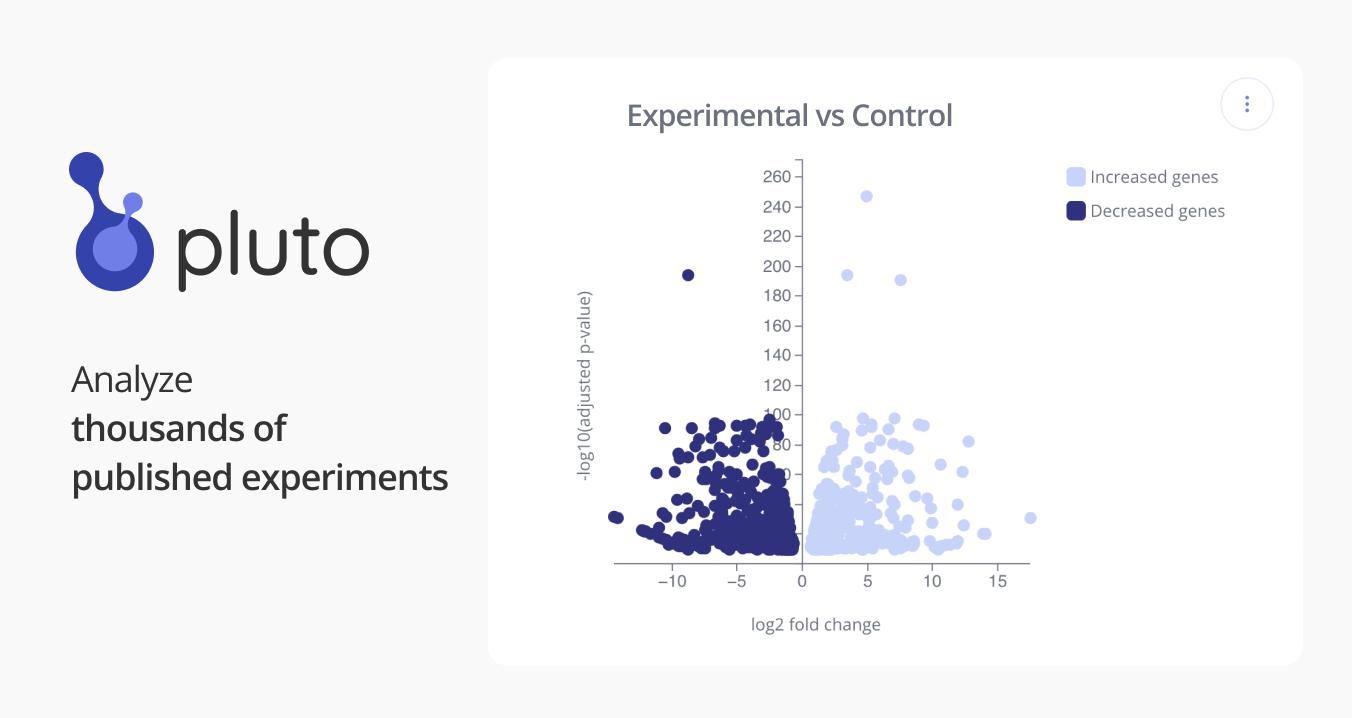Pluto Bioinformatics
GSE58557: Conversion of Gastric Epithelia to Endoderm Progenitors by Small Molecules [gene expression]
Bulk RNA sequencing
Forced expression of transcription factors for lineage reprogramming brings hope to cell-based therapy. However, its application is hampered by risks of potential genetic aberrations and tumorigenicity. Using defined small molecules in presence of gastric stromal cells as feeders, we reprogramed human gastric epithelia into induced multipotent endodermal progenitors (hiMEPs) with efficiency of up-to-6%. The hiMEPs expressed genes relative to endodermal lineages but not associating with pluripotency, and could be expanded clonogenically remaining as undifferentiated colonies. Upon induction, hiMEPs were able to give rise to multiple functional endodermal cell types, apart from ectodermal or mesodermal lineages. TGF inhibition and particular Wnt signaling activation were crucial in reprogramming process. Collective advantages of availability from donors without age restriction, capabilities in expansion and differentiation, and no concern of tumorigenesis, let hiMEPs have the considerable application potentials on cell therapies of diseases such as liver failure and diabetes, as well as personalized drug-screenings. SOURCE: Jinhua Qin (qinjinhuarhea@126.com) - Beijing Institute of Transfusion
